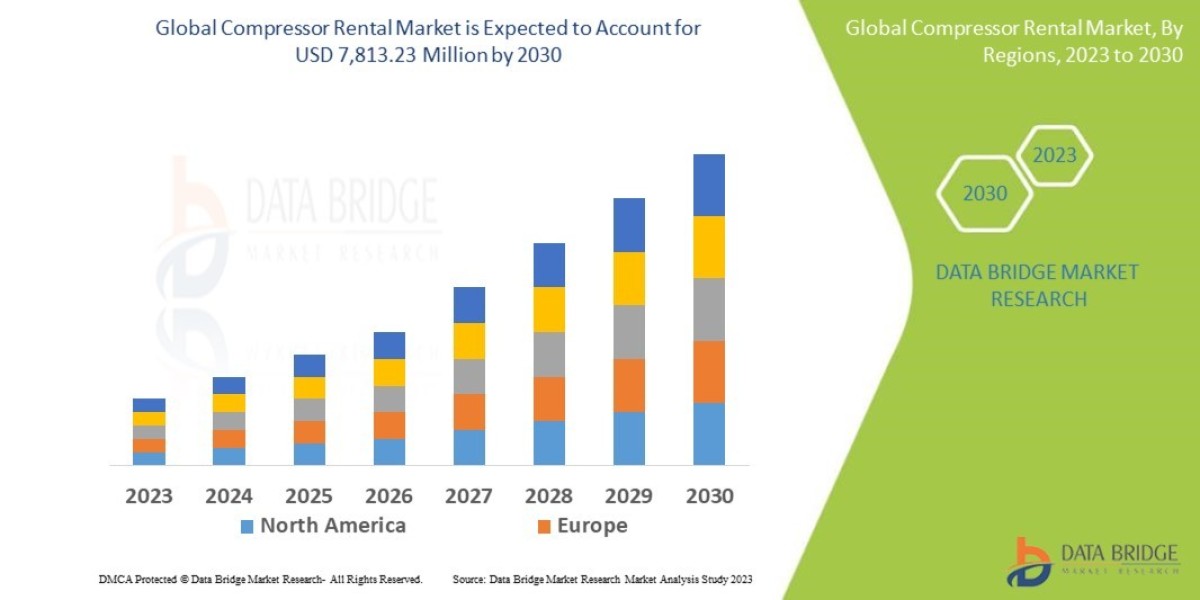As an entrepreneur operating a small enterprise, grasping and meeting tax responsibilities is essential for the long-term prosperity of your undertaking. The challenging realm of taxation can be daunting for novice business owners. Nevertheless, understanding the key tax principles and keeping your financial documents in order allows you to manage your taxes without worry or fear of consequences. Our extensive resources will grant you access to the information needed to adeptly manage tax obligations as a small business proprietor. We will address every necessary detail regarding taxation, ranging from vital documents to financial claim processes, to facilitate a stress-free and productive tax period for your enterprise.
Organized Financial Records
Orderly documentation forms the crux of effective business tax planning and preparationhandling for small enterprises. Retaining meticulous and thorough financial reports throughout the year provides the necessary foundation for filing taxes and claiming relevant reductions and benefits. Some essential financial records you should keep include the following:
Business Income: Record and categorize all financial incoming from various channels.
Business Expenses: Document each commercial transaction with associated proof of payment, including receipts and bills.
Bank Statements: By frequently analyzing and retaining business bank statements, you can effectively monitor income and expenses.
Payroll Records: Retain detailed payroll records, listing employee earnings, subtract taxes at source, and deposit employment tax amounts.
Asset Purchases: List each asset purchased for business operations in a dedicated log.
Travel and Entertainment Expenses: Document the objective and timing of such expenditures related to business trips.
Home Office Expenses: Record keeping is essential for tracking home-related costs like utility expenses, mortgage interest, and property taxes.
Estimated Tax Payments: Monitor your three-monthly estimated tax payments to maintain adherence.
Mileage Logs: Record each business-related drive-by capturing the date, function, and mileage in a dedicated log.
Contracts and Agreements: Safeguard duplicate copies of essential papers associated with your business activities.
Organizing financial documents streamlines the tax process while providing insight into the financial status of your business.
Business Tax Identification Number (EIN)
As a small business owner, you will need a Business Tax Identification Number, also known as an Employer Identification Number (EIN) or Federal Tax Identification Number. A distinct nine-digit identification code provided by the IRS exclusively identifies your company for taxation. For multiple tax-related tasks, you must obtain an EIN, which includes submitting tax returns, recruiting employees, and establishing a business checking account.
Acquiring an EIN can be done directly through the IRS site at no cost and with minimal effort required. After finishing the digital application, you will be furnished with your unique EIN promptly.
Understanding Your Business Structure
The layout of your tiny enterprise has a sizable effect on how your account for and settle tax obligations. The most common business structures include:
Sole Proprietorship: Being an independent venture owner means that you and your enterprise share a single identity at the tax office. You include details regarding your company's earnings and costs on your individual tax return by utilizing Schedule C.
Partnership: In a joint venture, both parties submit their respective shares of business revenue and costs on their personal tax returns through Form 1065 (Partnership Return).
Corporation: As distinct legal entities, businesses are disconnected from their proprietors. Businesses must submit their tax forms, which are completed on Form 1120.
Limited Liability Company (LLC): LLCs enjoy flexibility regarding their tax status, which may be comparable to that of a sole proprietorship or partnership or distinct from it.
Knowledge of your business's legal organization unlocks access to essential tax relief and incentives.
Estimated Tax Payments
Most small business proprietors are required to make periodic estimated tax payments, provided their anticipated tax obligation surpasses the $1,000 mark following the subtraction of withholdings and credits. Preliminary tax payments serve as a means to satisfy income tax obligations and self-employment levies. Utilize either Form 1040-ES or Form 1120-W to estimate and submit your tax payments.
Estimated tax payments are typically due in four installments on the following dates:
• April 15
• June 15
• September 15
The subsequent year's January 15.
Sales Tax Compliance
If your company offers products or specific services, you might need to gather and submit sales taxes to the relevant authorities. Sales tax laws differ across regions, making it crucial to comprehend the specific tax regulations in each state or municipality. Apply for a sales tax identification number with the appropriate government body to fulfill your obligations and prevent consequences.
Payroll Taxes and Employee Withholding
It is your duty to remove these taxes from the paychecks of your workers. The total cost of these taxes is 15.3% of the employee's income, with the employer covering the remaining 7.65%. The periodic transfer of funds to the tax office is mandatory.
Enlisting the aid of payroll software or a service provider ensures precise and efficient management of payroll taxes.
Tax Deductions and Credits
Being aware of tax deductions and credits designed for small enterprises can help lower your tax bill as their proprietor. Some common deductions and credits for small businesses include:
Business Expenses: Qualifying business expenses encompass office materials, transportation costs, lease payments, energy bills, and coverage premiums.
Home Office Deduction: With an exclusive home office for business purposes, you may potentially be eligible for the home office tax break.
Depreciation: Depreciation enables you to distribute the cost of business investments across several years for tax purposes.
Retirement Contributions: These plans allow you to reduce your tax liability by making deductible contributions.
Qualified Business Income Deduction: Depending on specific conditions, certain small businesses (such as sole proprietorships, partnerships, and S corporations) might be eligible for a tax break equaling 20% of their qualified earnings.
Research and Development Credit: The pursuit of innovation and technological advancements within your organization could entitle you to financial rewards through the R&D tax credit.
Utilizing these tax breaks can considerably minimize your tax obligations, making it crucial to collaborate with an accountant to uncover every available tax-reduction strategy.
Tax Software or Professional Help
Several small business proprietors select tax software to help them with their tax return preparation and submission. Tax preparation software can automate tasks, walk you through claims, and ensure conformity with current regulations.
Alternatively, you can work alongside a tax specialist like a CPA or tax counselor to complete your tax filing and long-term tax planning tasks. Competent tax experts can provide astute advice, refine your tax approach for maximum success, and ensure swift and precise tax filings.
Conclusion
With suitable planning and arrangement, navigating taxes as a small enterprise can become simpler and perhaps rewarding. Organized financial documents, an understanding of your company's structure, prompt tax payments, and compliance with sales and payroll tax regulations all contribute to building a strong foundation for tax compliance.
Identifying appropriate reductions and claiming credits, using tax software, and seeking guidance from professionals when required can refine your tax strategy and minimize your tax obligations. Knowledge of alterations in tax regulations and punctual submission of tax forms is imperative for preventing fines and ensuring commercial success.


